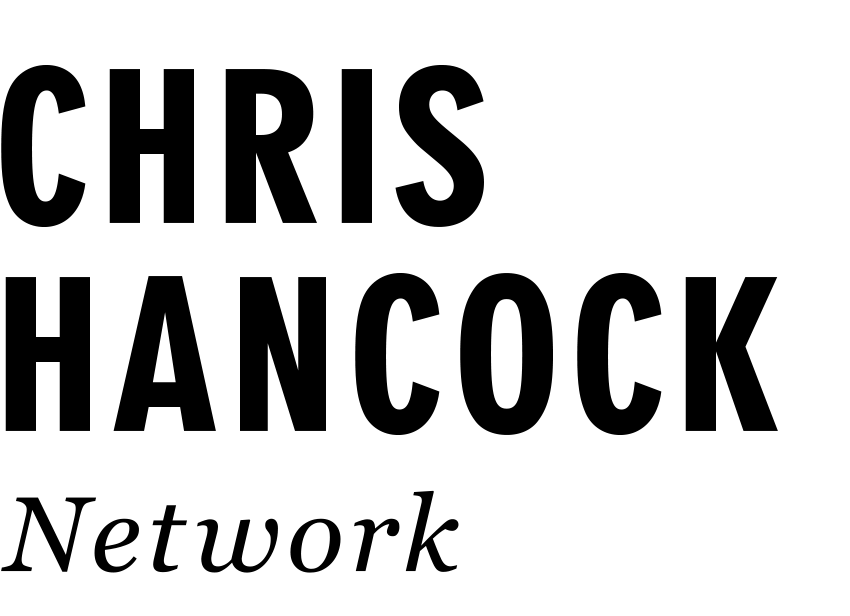Lessons from the Masters
It’s week 2 of my Masters and I’ve been asked to blog on whether I consider myself more of a divergent or convergent thinker. For those of you wondering what on earth I’m talking about, our starting point for this is a Youtube presentation by Anne Manning. Here she discusses the roles of convergent and divergent thinking in the creating of ideas and creativity at large.
In response, I would agree that they are both important aspects in the creative process. Personally, I believe I have developed equal strengths in both divergent and convergent thinking and practises.
Admittedly, the playful, experimenting qualities of divergent thinking were the aspect that first drew me towards being a creative. However, over the years I have seen the benefits of the more analytical convergent styles and have worked hard to learn such thinking and perspective.
I can think of at least two convergent practises that exist in my creative process now that didn’t when I first started. Firstly, in preparing for a record for a client, or myself, I now engage in a reflective period of analysing guide records and appropriate production techniques. Secondly, during the mixing and mastering phase, I now use a lot more A/Bing with said guide sources and a rigorous testing phase on multiple sound systems.
Whilst developing such convergent practises, it has also been important to separation them from the more expansive, idea-generating modes of divergent thinking.
Manning states as much in her presentation,
“One of the essential rules when you’re trying to come up with ideas is spend a certain amount of time, whatever it is, coming up with ideas, not judging them, not holding them back, and then separating that distinctly and deliberately from the process of taking that idea and evaluating it and doing something with it.”
One of my heroes, the famous engineer Bob Power (Tribe Called Quest, Erykah Badu, D’Angelo) reflects a similar position. In an interview with TapeOp, Power comments,
“One of the things I try to do when I write or produce is to make a concerted effort not to “fix the hi- hat”, meaning don’t get hung up on the small details. For better or worse I am a very detail-oriented practitioner. But you have to know when to put your blinders on and when to concentrate on the things that are most important to whatever stage of the process you are working in.”
Further, I teach a lot of young “Producers” who bridge that traditional gap between artist and engineer. In the age of the Producer, I think an awareness of these two modes of thinking is even more essential. When producing I often ask myself, what mood am I in? Would I be most productive engaging in an analytical style of convergent thinking, perhaps mixing a track, or am I in the mood for more expressive, divergent thinking, in which case I will perhaps write a melody, or experiment with some sound design.
For all those involved in the creative process, I hope the above reflection has been of interest. Hopefully it has reflected some of your experiences, and helped you with your process.
All the best



